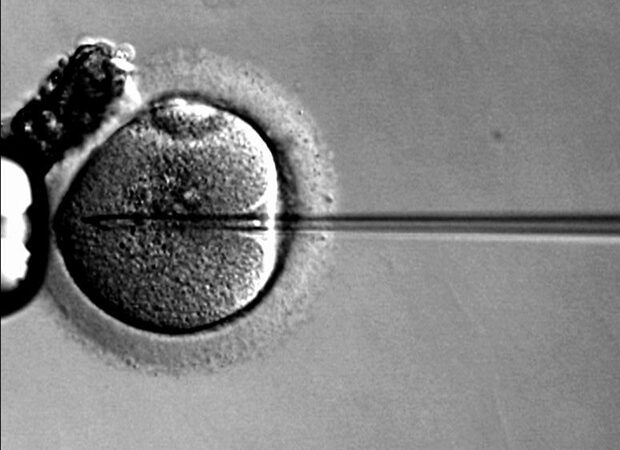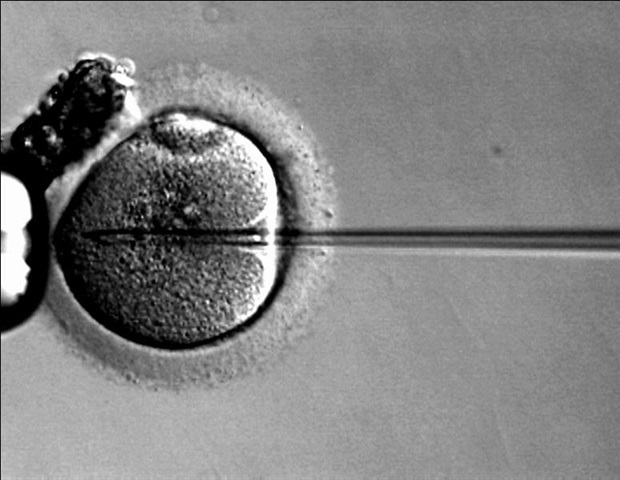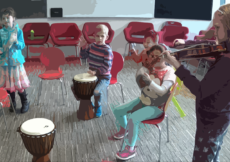Over 90 percent of patients with transfusion-dependent thalassemia, an inherited blood disorder, no longer needed monthly blood transfusions years after receiving gene therapy, according to an international Phase 3 clinical trial that for the first time included children younger than 12 years of age. Twenty-two patients were evaluated (ranging in age 4-34 years), including pediatric patients enrolled at Ann & Robert H. Lurie Children’s Hospital of Chicago. Results were published in the New England Journal of Medicine.
It is impressive that so many patients in the study, including the youngest patients, acquired transfusion independence that was durable. At Lurie Children’s, we have participated in these gene therapy trials from the earliest stages and have been enrolling patients for close to a decade. The current study represents the next step in moving this intervention into clinical practice, which will increase access to a potential cure for patients with transfusion-dependent thalassemia.”
Jennifer Schneiderman, MD, MS, Study Co-Author, Center for Cancer and Blood Disorders at Lurie Children’s and Associate Professor of Pediatrics at Northwestern University Feinberg School of Medicine
People with thalassemia do not make enough functional hemoglobin in their red blood cells, which interferes with oxygen getting to all parts of the body. Those with the most severe type of the disease require red blood cell transfusions every month for survival. Frequent transfusions, however, can cause serious complications due to iron overload and infections, especially if one’s spleen has been removed.
Hematopoietic stem cell transplantation from someone who makes healthy hemoglobin can be a potentially curative treatment, but it requires a well-matched donor, which can be difficult to find. It also poses a risk for graft vs. host disease.
This gene therapy study uses the patient’s own stem cells that were treated in the lab with a modified virus to add functional copies of the gene that is defective in thalassemia. Before the new cells can be infused, the patients need to receive chemotherapy, which typically involves a hospital stay of at least four to five weeks for close monitoring for fevers, infections, and other potential complications. Patients typically reached transfusion-free status about one month after the autologous stem cell transplantation. Patients reported in this manuscript had been monitored for a range of 13 months to four years after receiving their new cells.
Treatment-related adverse events were typical of autologous hematopoietic stem cell transplantation and the required chemotherapy, such as low platelets, low hemoglobin, low white blood cell count, mouth sores, fever, and hepatic veno-occlusive disease. Four patients had at least one adverse event that was considered by the investigators to be related or possibly related to gene therapy. All events were nonserious except for thrombocytopenia (low number of platelets in the blood) in one patient. No cases of secondary cancer due to the chemotherapy or gene therapy were observed. As in the earlier stage trials of this gene therapy, the small number of patients who did not achieve transfusion-free status needed transfusions less often.
Based on the positive results of this Phase 3 trial, Bluebird Bio, Inc., the trial sponsor, has applied for the FDA review, which is expected to be completed in the summer 2022.
Source:
Ann & Robert H. Lurie Children’s Hospital of Chicago
Journal reference:
Locatelli, F., et al. (2022) Betibeglogene Autotemcel Gene Therapy for Non–β0/β0 Genotype β-Thalassemia. New England Journal of Medicine. doi.org/10.1056/NEJMoa2113206.



































